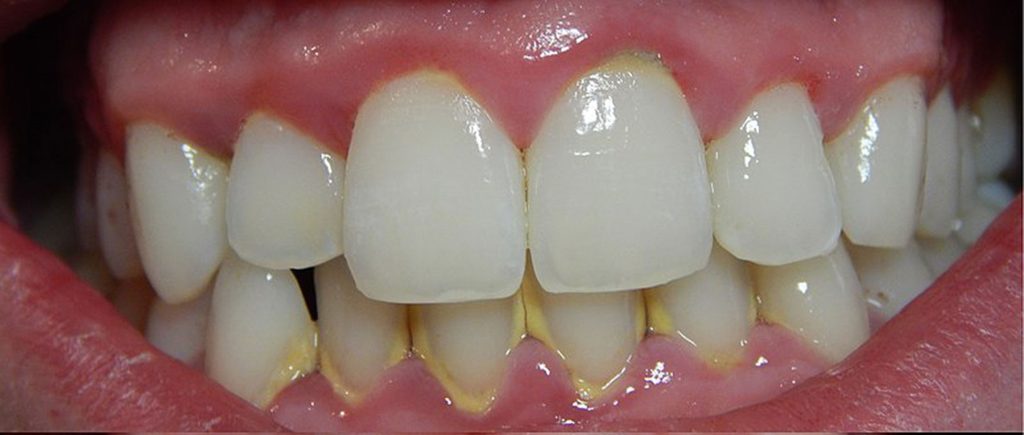How Do Dentist Fix Cavities
How Do Dentist Fix Cavities a common dental issue, can be effectively addressed by your dentist through various modern techniques. Regardless of their severity, cavities can be managed. Read on to discover how dentists go about treating cavities and the different procedures they employ.
Development of Cavities
A cavity is a small hole that forms when acids erode the outer layer of your teeth, called enamel. These damaged areas can manifest in several symptoms, including:
- Toothaches or spontaneous pain
- Tooth sensitivity
- Pain when eating or drinking, especially with hot or cold items
- Visible holes in teeth
- Staining of teeth in brown, black, or white hues
- Pain when biting down
Cavities evolve over time due to inadequate dental hygiene, like insufficient tooth brushing. Plaque, a sticky, clear substance, emerges as bacteria feed on sugars and starches in your mouth, hardening over time into tartar, which is tougher to remove. The acids within plaque gradually deplete minerals from your tooth enamel, initiating the formation of a cavity. Bacteria then infiltrate deeper into your tooth, leading to tooth decay. This progression continues until it affects the inner tooth pulp, causing swelling and pain.
Risks Associated with Cavities
While cavities may seem minor, they can lead to serious complications, including:
- Pain
- Swelling or pus around affected teeth
- Damaged or fractured teeth
- Chewing difficulties
- Shifting of teeth after tooth loss
An untreated cavity can even result in a tooth abscess, a pocket of pus caused by a bacterial infection. Dental professionals must address abscesses by draining them and eliminating the infection, often requiring tooth extraction in severe cases. Neglecting a tooth abscess can lead to severe or life-threatening complications. Given the health risks cavities pose, let’s explore how dentists tackle tooth decay.
Read More : How Long Does It Take To See Results From Botox
Cavity Treatment Procedures
Dentists have several treatments available for cavity repair, with the choice depending on the severity of the decay. Common treatment options include:
- Dental Fillings: Dental fillings are commonly used to address cavities before they become infected. Various filling materials, including both metal and tooth-colored options, can effectively fill the damaged tooth areas. The typical filling process involves:
- Numbing the affected area with an anesthetic.
- Removal of decayed tooth portions.
- Verification to ensure all decay is removed.
- Application of the chosen filling material.
- Finalizing and polishing the tooth.
- Crowns: Dental crowns are tooth-shaped caps that cover a natural tooth to restore its shape, size, and strength. Crowns are ideal when a decayed tooth becomes too fragile and prone to breakage. The crown procedure typically includes:
- Evaluation and tooth preparation: The dentist assesses the damage and reshapes the tooth to hold the future crown while creating an impression.
- Placement of the permanent crown: Once the permanent crown is ready, it’s cemented into place if the fit is ideal.
- Root Canal: Root canals become necessary when a tooth is severely decayed or infected. During this procedure, the dentist removes the tooth’s nerve and pulp. The root canal process includes:
- Administration of anesthetic for comfort.
- Drilling to access the abscess, remove pulp, bacteria, and decayed nerve tissue.
- Cleaning of the tooth using root canal files and fluid.
- Sealing of the tooth.
- Filling the tooth’s interior.
- Additional tooth restoration if required.
- Solea Laser: The Solea laser, a CO2 dental laser system, replaces the traditional dental drill in many procedures. It expedites dental processes and is beneficial for patients with dental anxiety. For most patients, the Solea laser means:
- No anesthesia, needles, or post-appointment numbness.
- No bleeding.
- No noisy or uncomfortable drilling.
- Fewer and shorter appointments.
The majority of patients experience little to no discomfort with the Solea laser. It enables dentists to prepare teeth for cavity fillings without prior anesthesia. Dentists have a variety of approaches to treat cavities, irrespective of their severity. Nevertheless, the best strategy is to prevent cavities from occurring in the first place. You can reduce your cavity risk through several preventive measures.
Cavity Prevention Strategies
Prevention is the most effective defense against cavities. To minimize your risk:
- Brush your teeth twice daily.
- Floss at least once daily.
- Consume fewer sugary and acidic foods.
- Limit snacking between meals.
- Maintain regular dental check-ups.
Read More : How Long Is Botox Good For After Reconstitution
If you experience cavity symptoms, seek dental attention promptly. While you may feel fine, untreated tooth decay can develop into a significant issue over time. If you need cavity treatment, don’t hesitate to contact your dentist today.




